Andy Konwinski, co-founder of Databricks and Laude, a venture capital firm focused on AI research, expressed concerns that the United States is losing its dominance in artificial intelligence research to China. Speaking at the Cerebral Valley AI Summit, Konwinski stated that the shift poses an existential threat to democracy. According to Konwinski, PhD students at top universities such as Berkeley and Stanford have reported reading twice as many interesting AI ideas from Chinese companies as from American companies in the past year.
Konwinski emphasized that the lack of open-source innovation in the US is a significant factor in this decline. He noted that major AI labs, including OpenAI, Meta, and Anthropic, continue to innovate but keep their advancements proprietary rather than open-source. This approach, Konwinski argued, stifles the free exchange of ideas and prevents the true flourishing of AI research. He also pointed out that these companies are attracting top academic talent with multimillion-dollar salaries, making it difficult for universities to compete.
The Laude Institute, an accelerator founded by Konwinski, offers grants to researchers and aims to promote open-source innovation. Konwinski believes that for AI research to truly advance, ideas must be freely exchanged and discussed. He argued that the current approach, where companies hoard their innovations, is counterproductive and hinders progress.
The concern over the US losing its AI research dominance is not new, but Konwinski's comments highlight the urgency of the issue. The US has historically been a leader in AI research, but China has been rapidly catching up. The Chinese government has invested heavily in AI research, and the country has made significant strides in areas such as natural language processing and computer vision.
Konwinski's views are not without controversy. Some experts argue that the proprietary approach of major AI labs is necessary to protect intellectual property and ensure that innovations are not exploited for malicious purposes. Others argue that open-source innovation can be beneficial but also poses risks, such as the potential for intellectual property theft.
The current status of AI research in the US and China is complex and multifaceted. While the US still has many world-class AI researchers and institutions, the country is facing significant challenges in attracting and retaining top talent. China, on the other hand, has made significant strides in AI research and has become a major player in the field.
Konwinski's comments at the Cerebral Valley AI Summit are a call to action for the US to adopt a more open-source approach to AI research. He believes that this is essential for the country to regain its dominance in the field and to ensure that AI research benefits society as a whole.


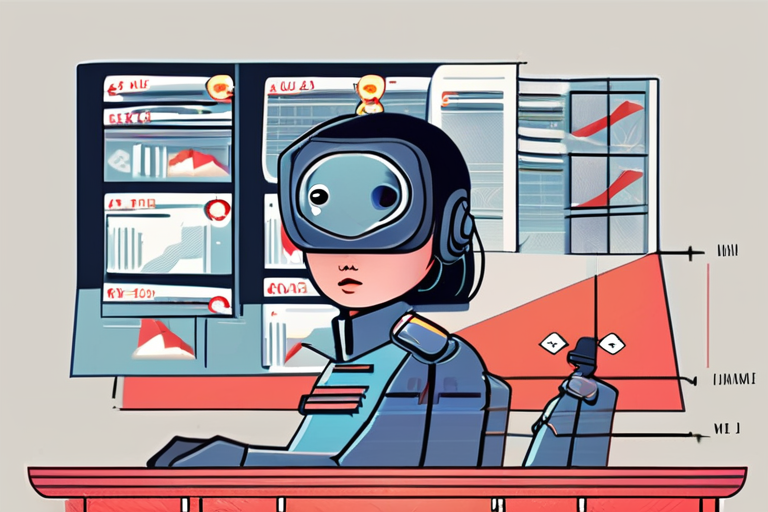



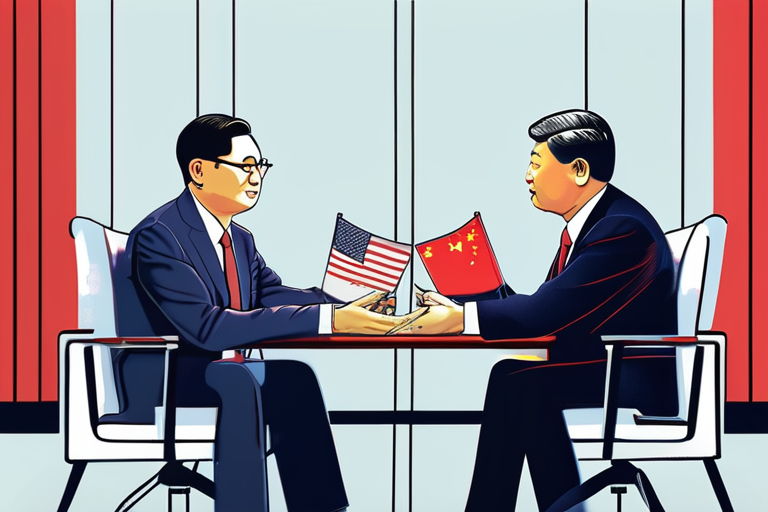

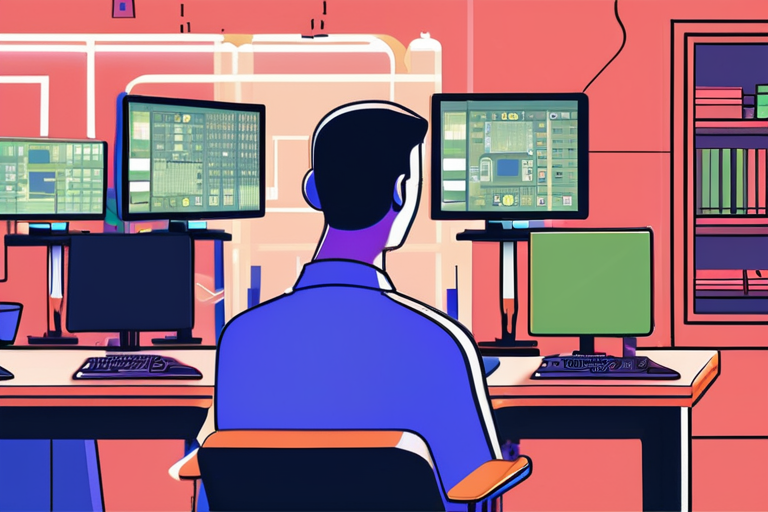

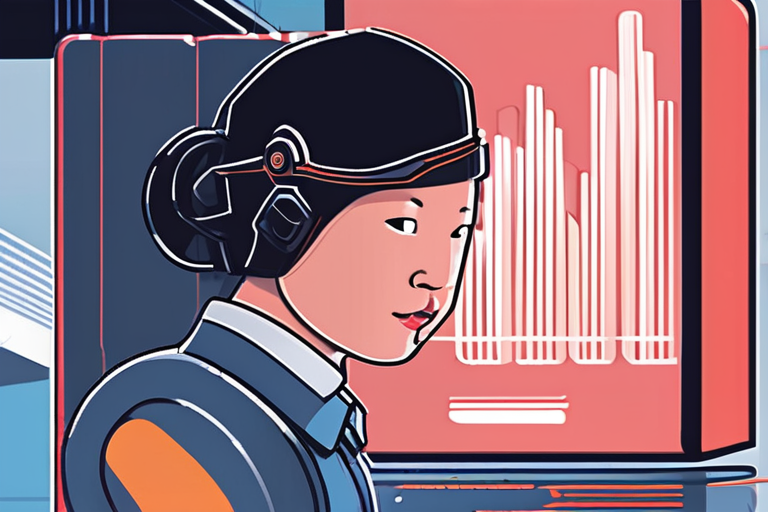














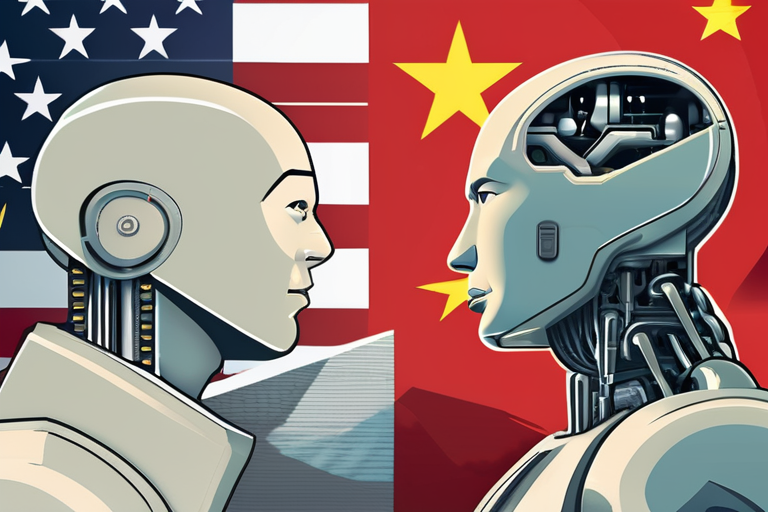
Share & Engage Share
Share this article